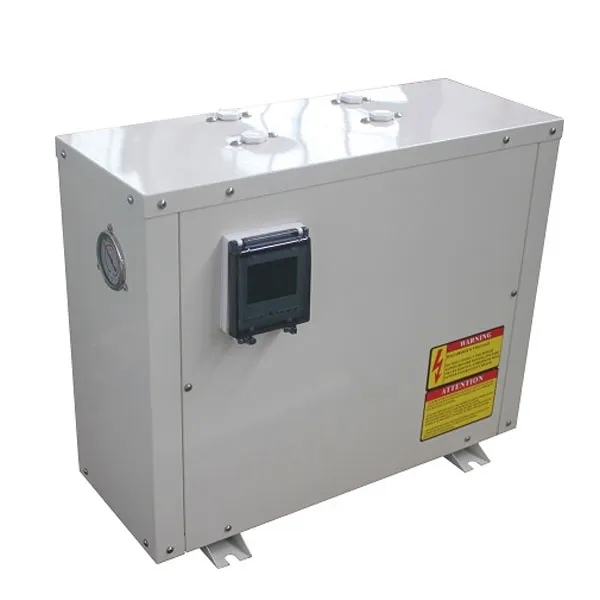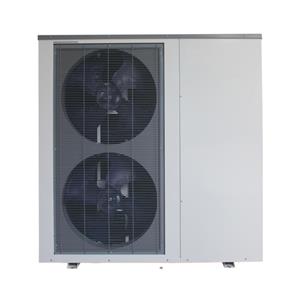Green Future: Heat Pumps Lead the Way in Environmentally Friendly Energy
The sales of heat pump are experiencing significant growth in many EU countries. This is not only due to the efficient heating and cooling capabilities of heat pumps, but also because they are environmentally friendly, helping reduce carbon emissions and address climate change.
A heat pump is an equipment that utilizes natural energy sources for heating and cooling, such as geothermal energy, air source or water source. Compared to conventional boiler systems, heat pumps can extract energy from the environment with higher efficiency and convert it into the energy needed for indoor heating or cooling. This not only saves energy and reduces energy costs but also reduces reliance on fossil fuels.
In Norway, the coldest country, about two-thirds of households have installed heat pumps, with sales increasing by 25% over the past period of time. In fact, almost all newly built heating systems are powered by heat pumps. In addition, the climate conditions in Norway are suitable for the use of heat pumps, especially ground source heat pumps can be used for heating in the cold winter.

Finland is a very mature market for heat pumps, and sales of these equipment have seen astonishing growth in recent years. In 2022, heat pump market in Finland grew by 50%, indicating a growing interest among customers in this green heating solution.
Overall, heat pumps are considered as a key decarbonization solution for heating buildings, in line with the goals of the EU’s energy transition model. In the future, with the further development of technology and increasing government support for renewable energy, the heat pump market is expected to continue its rapid growth. This will not only promote sustainable development, but also provide people with more comfortable, environmentally friendly and cost-effective heating and cooling solutions.

